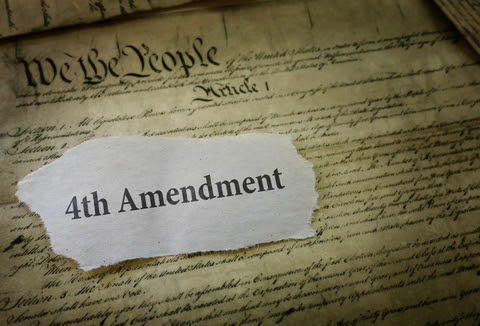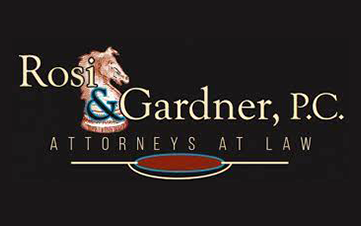The U.S. Court of Appeals for the Sixth Circuit has just issued a ruling dealing with one of the important issues of our time, exploring the limits of Fourth Amendment jurisprudence. The Fourth Amendment to the U.S. Constitution contains important protections against unreasonable searches and seizures, for the protection of the citizenry and residents of our nation.
On Monday, the Sixth Circuit Court of Appeals (a single step below the highest court in the land) issued an opinion which reversed the decision of a Federal District Court. The Appeals Court ruled that tire “chalking” by a parking enforcement officer in Saginaw constitutes the gathering of information without a warrant, leading to a government sanction. Therefore, “chalking” violates the protections of the Fourth Amendment.
The case was filed by Alison Taylor, a resident and seeming frequent parking violator in Saginaw. She was issued a total of 15 parking citations over the course of four years. She felt so very wronged, apparently by the chalk marks on her vehicle, that she and her attorney Philip Ellison filed suit in federal District Court, claiming that the “trespass” against her vehicle and its tires constitutes an unreasonable search and is an impermissible method of gathering information (whether your vehicle has exceeded the parking time limit) that could lead to a government sanction (a parking ticket). She even named the enforcement officer personally as a defendant in her case.

The U.S. District Court for the Eastern District of Michigan ruled against her, granting the city’s motion to dismiss the case as a matter of law (without a trial). The District Court ruled that “chalking” constitutes a search, but that it is a reasonable one, and is within the “community caretaker” exception to the warrant requirement.
Taylor appealed to the Sixth Circuit Court, where she won. The Sixth Circuit reversed the District Court, agreeing that “chalking” is a search, but finding all the warrant exceptions proffered by the City inapplicable. That Court likened the use of chalk to the placement of a GPS tracking device on a vehicle without a warrant. Both are used to gather information without the consent of the owner of the vehicle. The Sixth Circuit’s decision (read it here) is binding precedent, applying to all lower courts in Michigan, Ohio and Indiana.
Are not you, dear reader, glad to know that the judges, staff, and counsel of the federal courts are spending their time and your tax dollars on such an important issue? Or, perhaps you are thinking about all of those tickets jammed into your glove box; how many of them were issued after marking your tire with a chalk mark?
Rosi & Gardner, P.C.
Latest posts by Rosi & Gardner, P.C. (see all)
- Is Collaborative Divorce the Right Choice for You? Exploring a Path to Amicable Separation - November 29, 2023
- Choosing Harmony: Why Opt for Collaborative Divorce Over Traditional Divorce - August 30, 2023
- Benefits of Mediated Divorce - May 24, 2023
